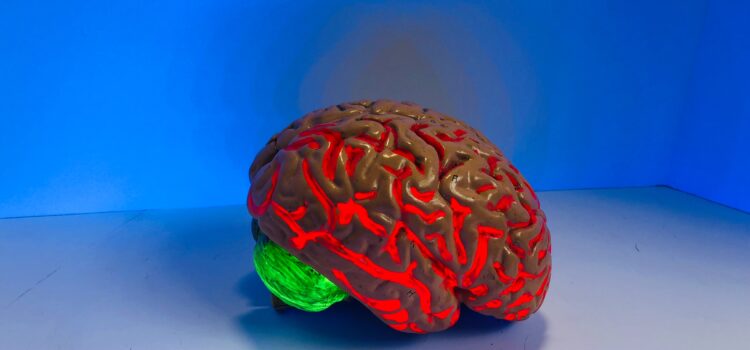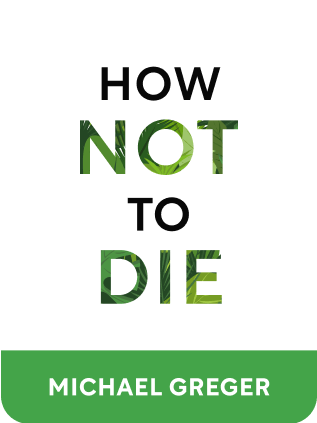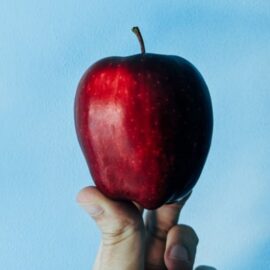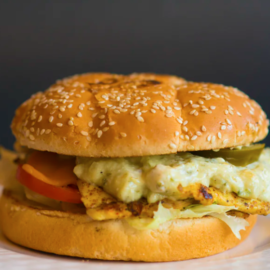

This article is an excerpt from the Shortform book guide to "How Not to Die" by Michael Greger. Shortform has the world's best summaries and analyses of books you should be reading.
Like this article? Sign up for a free trial here .
What causes a stroke? What is the strongest risk factor for having a stroke?
Strokes are caused by a clogged artery in the brain, leading to a lack of oxygenation and death of part of the brain. Like heart disease, the hardening of the blood vessels through atherosclerotic plaques is a contributor to the risk of strokes.
Below is a list of foods with properties that can help you reduce the risk of stroke.
Stroke Prevention
You can reduce your risk of stroke by reducing cholesterol and blood pressure and improving blood flow and antioxidants.
Fiber
- Increasing fiber by 7 grams/day reduces risk of stroke by 7%. For the maximum reduction in stroke risk, eat 25 grams/day of soluble fiber and 47 grams/day of insoluble fiber.
- It’s not known exactly why fiber reduces risk of stroke. It might help control cholesterol and blood sugar, which in turn reduces atherosclerotic plaque.
- It may also lower blood pressure, reducing risk of brain bleeds.
Potassium
- 1,640 mg increase of potassium is associated with a 21% reduction in stroke
- Best source of potassium: greens, beans, sweet potatoes. Not bananas.
Citrus
- Citrus reduces stroke risk, possibly through the compound hesperidin, which increases blood flow throughout the body.
- In one study, there were three experimental groups given different treatments: 1) orange juice, 2) hesperidin solution, and 3) control. Hesperidin lowered blood pressure and increased endothelial reactivity (a measure of blood vessel health). Orange juice performed best, better than the chemical extract of hesperidin.
- In another study, women with poor extremity circulation were placed in a cold room. Those who drank orange juice cooled half as fast, suggesting it improves circulation.
Sleep
- Those at lowest risk of stroke sleep 7-8 hours a night. Much more or much less sleep than this increases risk of stroke.
Antioxidants
- Your body needs energy to function, and oxygen normally plays a critical role. Because oxygen is very reactive, it also tends to steal electrons from other chemicals, becomes a radical oxygen species, and oxidizes substances like DNA, causing mutations (which can lead to cancer). Antioxidants slow this down by placating oxygen and reacting with it instead of your DNA.
- Physiologically, antioxidants prevent circulation of oxidized fats that can damage blood vessels. Antioxidants decrease artery stiffness, prevent blood clots from forming, lower blood pressure, lower inflammation
- In population studies, people who eat the most antioxidant-rich foods had the lowest health risks.
- Plant foods contain 64x more antioxidants than animal foods
- (Shortform note: Why do plant foods contain so much more antioxidants than animal foods? One theory suggests that antioxidants are needed to protect against sun damage. Plants spend much of their time in the sun, immobile, getting energy for photosynthesis. In contrast, animals get their energy from eating food, and they can escape from sun damage.)
- Foods that brown slowly (like mango) have more antioxidants than foods that brown quickly.
- Herbs and spices: adding cinnamon, oregano can add a lot to antioxidant power.
- As is a theme, supplements of antioxidants don’t seem to help much at all. Natural foods perform much better in experimental studies.

———End of Preview———
Like what you just read? Read the rest of the world's best book summary and analysis of Michael Greger's "How Not to Die" at Shortform .
Here's what you'll find in our full How Not to Die summary :
- The health benefits of a plant-based, whole-food diet
- How to reduce your risk of developing the most common diseases that can kill you
- The 12 foods you should eat daily to maximize health benefits






